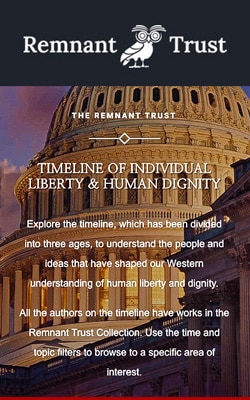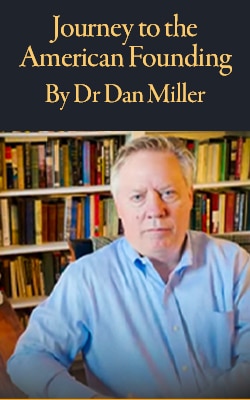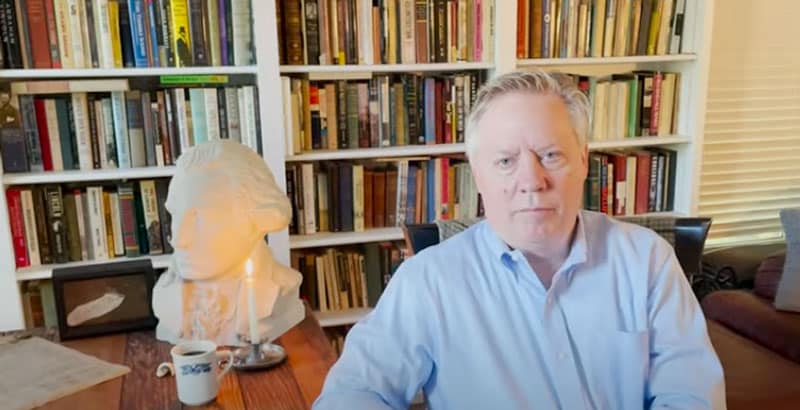Journey to the American Founding
April 20 1773
The stories we’re seeing from the last half of 1772 and early 1773 are a mixture of change and continuity. Surrounding the mixture is an intensification of actions and decisions. The new and old twist together in revolving cycles. The pace is not what it once was—it has picked up speed.


Excerpts from: Americanism Redux: April 20, on the journey to the American Founding, 250 years ago today, in 1773
Who’s going to sign? Get up here and sign your name.
One by one, around a table, four men lean forward. Hands on the desk to steady the sheet of paper. In turn, each man takes the quill pen and dips the pen into a small bottle of ink. Each man moves his hand quickly onto the paper. No drops, no spills. Each man scratches a name or mark. They are: Peter Bestes, Sambo Freeman, Felix Holbrook, and Chester Joie. Above their names are the following words.
“The efforts made by the legislature of this province in their last sessions to free themselves from slavery, gave us, who are in that deplorable state, a high degree of satisfaction. We expect great things from men who have made such a noble stand against the designs of their fellow-men to enslave them. . .
More words. The document signed by the four men goes on to state that the Spanish have offered to their enslaved people the right to earn a living one day a week. That suggests the need for our reparations. “This we disclaim” as people enslaved by the “English.” . . .
“In behalf of our fellow slaves in this province, and by order of their Committee…” Signed by Peter Bestest, Sambo Freeman, Felix Holbrook, and Chester Joie, for the representative of the town of Thompson, colony of Massachusetts.
Today, 250 years ago, it will take only a few minutes for the ink to dry on the thick parchment paper. It’s clean with no stray drops or smears.
The four men begin their wait for legislative action.
Also
John Adams is waiting, too, and it’s something he’s not really good at doing. Truthfully, he’s awful at it. Restless, ceaseless in motion, constant in thinking, re-thinking, and over-thinking. He’s been waiting for the past twenty-nine days. That was the first time he’d seen a bundle of papers marked “secret”. He was among the handful of people who were allowed to read the secret papers. The contents of the secret papers shocked Adams. The secret is torturing him.
They were letters written four years ago by the Royal Governor of Massachusetts, Thomas Hutchinson, who is still in office today, 250 years ago. In these letters Hutchison wrote that the “English liberties” of the people of colonial Massachusetts could never, would never, and should never be the same as those of people living in England. . .
For Adams and his pro-colonial rights colleagues who’ve read the secret bundle, these letters prove everything. Everything bad about what the British intended. Everything bad about Hutchinson’s motives. . .
Adams has been haunted for the past twenty-nine days by the prospect of what will happen if the secret letters became public. And yet, it’s inevitable. . .
Today, 250 years ago, John Adams stops thinking long enough about the letters to look outside his window. . .
This is one of those days. Not many days like this one. I hope you see it and sense it from the context of our Americanism Redux series that is now over nine months’ old.
We’re seeing truly enormous events unfolding, though they’re expressed in the modest means of four black men’s petition to a legislature and one white man’s entry in his personal diary.
We’re also seeing in real time two words that resonate with you now, 250 years later—reparations for the enslaved (they reject them) and the destructive potential of “leaked” documents (he expects it). Reparations are in the news in 2023 and will expand as a topic in the near-term future. Leaked documents are in the news in 2023 and have resulted in investigations over the 21-year old leaker, in repercussions overseas, and in suggestiveness about what they indicate for policy and strategy.
Our four enslaved men recognize that enslavement is a pervasive way of life and living. They’ve decided to analyze the differences between Spanish and English versions (note that they don’t refer to “British”) of enslavement. They’re seeking every advantage possible in the likely debate their petition will produce. . .
Our diarist is convinced that an important light has been shed on hidden motivations and agendas. It’s a sinister and dark-hearted game, in his view, with vast swaths of the public having fallen under the influence of public officials who falsely calm the waters in speeches, writings, and appearances. But there is danger when the glassy surface breaks and the waters heave upward and pound downward. Everything and everyone can overturn.
The roaring waters respect no barrier. . .
Suggestion
Consider the co-existence of the four black men and the one white man and then, a minute later, consider their link. Across the waters, can hands held apart touch together, clasp together, stay together?
TITLE: Americanism Redux: April 20, on the journey to the American Founding, 250 years ago today, in 1773
By Dr. Dan Miller
To know us better then is to know us more fully now. Welcome to Americanism Redux and my one-a-week stories of 250 years ago. For the all the stories thus far, Visit Historical Solutions, Dr Dan Miller’s website>
Journey to the American Founding
Welcome to Americanism Redux, a series by historian author, Dr. Dan Miller. He explores what Americanism meant 250 years ago and its significance for America today.
What Can I Do?
We invite you to share our passion for Individual Liberty and Human Dignity to a new generation including educators, students, business leaders and Americans from all walks of life.




